29 Dec Album of the Year #14: Lupe Fiasco – Drill Music in Zion
Artist: Lupe Fiasco
Album: Drill Music in Zion
Listen:
Background:
There should be little further debate over Lupe Fiasco’s position as one of the greatest to ever touch the mic. The Chicago MC got his start in the early 2000s, a fan of gangster rap and often emulating it in his own early work, but amassed a far greater following as he matured and took on more of a backpacker aesthetic with the Fahrenheit 1/15 series and bonafide classic albums in Food & Liquor and The Cool. Lu’s ability to both depict and critique these destructive lifestyles through peerlessly technical raps and accessible, traditional hip-hop sounds led to a major label deal with Atlantic. While this led to major hits such as “The Show Goes On” and cemented him as an essential artist of the early 10’s, well chronicled business and creative disputes placed Lupe in a unique niche. With later career records such as 2015’s Tetsuo & Youth and 2018’s Drogas Wave (be sure to check out this dope writeup), he took his penchant for storytelling, metaphor, and dense rhymes to an absurd new height; every bar of these albums is steeped in meaning and allegory, weaving together deeply esoteric, rewarding, and frankly genius artistic concepts.
A true student of the game, Lupe famously challenged himself to write and record a full album in only 24 hours as an artistic exercise. While it ended up taking 72, the quality and deliberateness of the resulting Drill Music in Zion remains a rare accomplishment.
Review:
It’s apparent on cursory listens why Lu has called this his Illmatic; Given the brevity, density, and structure, it’s an apt comparison. Furthermore, the entire atmosphere is very lowkey and gives the impression that he really did just hop in the booth and let loose. Soundtrakk’s beats here are a happy medium of being more engaging and free than Drogas Wave while keeping the spotlight on Lu.
Drill Music in Zion opens with a spoken word piece by Lu’s sister Ayesha, a poet herself. It’s here where you get the most direct interpretations of what the album is all about, and the title’s many meanings – the way hip-hop simultaneously lifts up African Americans while breeding violence and shallowness, as well as the need to educate yourself and work (run drills, rather) in order to better the world. As you know with Lupe, there are numerous other valid interpretations which are crammed into every subsequent bar, but it is that cycle of success and destruction which prevails throughout.
On the album’s first single “Autoboto”, we see the return of his Carrera Lu persona. Perhaps the most energetic cut of the album, he spits about the inevitable consequences (rain, in this metaphor) for rappers who find success through violence, while placing himself on trial. There are also what seem to be subtle references to Pusha T and Kanye West, and some might even stretch this as a judgement by God, hinting at the religious metanarrative woven into Drill Music in Zion.
“Precious Things” jumps out for its Elzhi-esque wordplay, in which Lupe makes references to hands in every bar and the way they are able to communicate, caress, kill, and everything in between. This culminates in his own hands lamenting their loss of utility, and the double meaning of a city being left behind by its most successful offspring – the very city and conditions that grant an artist voice are just as easily abandoned or ready to betray. Nayirah features once again for a divine hook, tying the whole project together sonically through a couple appearances.
The next track “Kiosk” is a classic example of Lupe criticizing consumerism and exploitation of black artists. As a jeweler pedals his wares, making the vain case for why a successful young man might need to blow his advance on them, Lupe himself eventually rejects all of the bullshit to show the higher path he has taken (with a clever nod to The Cool, reminding us he already has a watch). After all of his own experiences coming off the streets and being screwed over by labels, he could never be caught “in the middle of them all (the mall)”.
Drill Music in Zion‘s centerpiece in many ways, “Ms. Mural” is a worthy conclusion to the series and pregnant with meaning. Obviously this interview with an artist is an analysis of the creative process and hip-hop’s status as a fine art itself, but you could further interpret Lu’s painting as a representation of cities being further ruined by rappers’ recklessness, glorification of their lifestyles, and institutionalization. Going even deeper, there are hints that the artist is God himself, discussing his decision making and fickle destruction. While this might not be the slab of bars some expect from a “Mural” track, it was a clever subversion of their themes.
A nerdy, but necessary refrain: Something which might help to better understand Drill Music in Zion are Hindu cycles, but not only of reincarnation as was so prevalent on Tetsuo & Youth. The god of destruction Shiva is framed not as an evil, senseless source of suffering, but one who tears down in order to create new room for growth and prosperity. It is that very concept which is constantly hinted at across Drill Music in Zion, and on no song more than its title track. Full of paradoxes and juxtapositions, we must consider how rappers can ever really leave the generations of inherited trauma and behavior behind; how they can lift the hood up with them; how a benevolent god or superstar could allow senseless hate and suffering to continue. As tangential as all this is, Lupe is the type to study this stuff and it works as a great lens to listen through.
The next song “Naomi” is one of the album’s more pleasing on the ear, with Lu really getting bouncy with his flow. It’s one of the tracks that you can tell was a product of the quick recording, as he gets in the booth and just puts on a technical clinic. This Soundtrakk beat really bleeds the Chicago sound as well. As we approach the album’s conclusion and its most powerful moments, we get another fun, more upbeat cut with “Seattle”. With some borderline pop sensibility, Nayirah’s hook is an absolute earworm and the flows here are infectious. It gives the sense that no matter where he goes or what happens, Lupe’s heart stays at home in Chicago.
And finally, there’s “On Feaux Nem”: Instantly one of Lupe’s greatest works, not for density or complexity, but for its frank emotion. The first “verse” obviously speaks for itself (and has sadly already become this sub’s “Rap Snitch Knishes” for memorial threads), but the quiet which comes after is simply gut wrenching. As Lu croons and dives further into the prison industrial complex and the tragic posturing required to survive in the hood and the rap game, it all invokes the classic “Hurt Me Soul”. In this case, all the world’s ills sit on 12-inch LPs.
There are few other rappers who are able to match Lupe Fiasco on a bar-for-bar basis, let alone the album spanning metaphors and allusions which mark his recent work as true masterpieces. Drill Music in Zion is yet another timely, much needed analysis of the woes plaguing the black community today (maybe enough to make you think twice before cutting on Leeky G Bando), but with a much more approachable sound and structure.
Favorite Lyrics:
Where preachers can praise AIDS as God killing the gays
What a fucking phrase, never ceases to amaze
But when he dies from cancer, that’s God’s mysterious ways
Jesus saves, Africans sold slaves
Gabriel’s in Afghanistan passing out AKs
“Kiosk”
Facts – I wish that they was lying in their raps
How does that transpire
To be so damned by God, you want your friends to be goddamned liars?
All we talk about are our goddamned priors
Shiny metal boxes on top of goddamned tires
Goddamned tired
If I say I didn’t indulge, my pants would be on goddamn fire
“On Feaux Nem”
Discussion Questions:
Where do you rank Drill Music in Zion among Lupe’s recent output?
What would you like to see next from Lupe? Drogas Skull and his Amy Winehouse concept album are supposedly still in the works. Perhaps a Ka collab?
Lupe’s music is literary in how open to interpretation and steeped in meaning it can be. What are some of the metanarratives or themes you picked up on the album?
How do you feel about Lupe’s stance on violent subgenres? Is there artistic merit to the real experiences shared in drill music? How do you propose a balance to hip-hop content?
submitted by /u/colbster411
[link] [comments] [#item_full_content]




Sorry, the comment form is closed at this time.